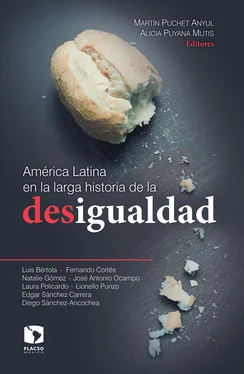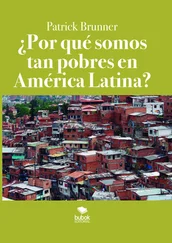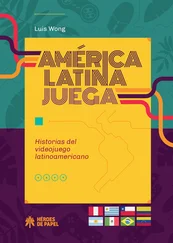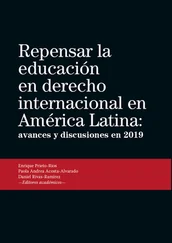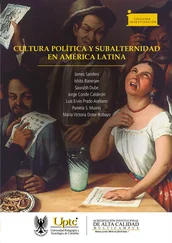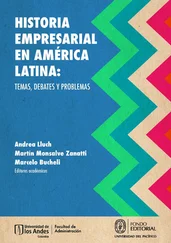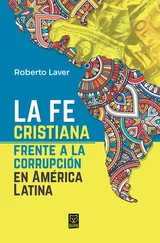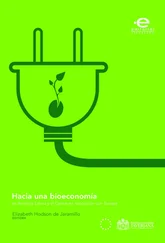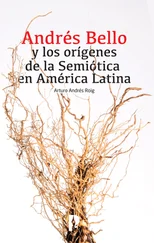Cornia, G. A. (ed.) (2014). Falling Inequality in Latin America. Policy Changes and Lessons, Oxford, Oxford University Press.
Cornia, G. A. (2012). Inequality Trends and their Determinants: Latin America over 1990-2010, UNU-Wider Working Paper núm. 2012/09.
Cornia, A. (2010). “Income Distribution under Latin America’s New Left Regimes”, Journal of Human Development and Capabilities, vol. 11, núm. 1, pp. 85-114.
De Dominicis, L., H. L. F. de Groot y R. J. G. M. Florax (2006). Growth and Inequality: A Meta-Analysis, Tinbergen Institute Discussion Paper núm. 2006-064/3, [en línea], disponible en < https://ssrn.com/abstract= 921332>, < http://dx.doi.org/10.2139/ssrn.921332>.
De Janvry, A. y R. Kanbur (eds.) (2010). Poverty, Inequality and Development. Essays in honor of Erick Thorbecke, Lexington, Estados Unidos, Springer Science+Business Media.
Deininger, K. y P. Olinto (2000). Asset Distribution, Inequality, and Growth, Policy Research Working Paper núm. 2375, Washington, D. C., World Bank.
Delgado, O. (1965). Reformas agrarias en la América Latina: procesos y perspectivas, México, FCE.
Furtado, C. (1976). Teoría y política del desarrollo económico, México, Siglo XXI.
Galbraith, J. K. (1974). The Nature of Mass Poverty, Nueva York/Londres, Penguin Books.
García, A. (1973). Sociología de la reforma agraria en América Latina, Buenos Aires, Amorrortu.
Gasparini, L. et al. (2008). Spatial welfare disparities in Latin America and the Caribbean, La Plata: Centro de Estudios Distributivos Laborales y Sociales (CEDLAS)/Harvard University Press.
Granda Aguilar, J. (2008). “Pobreza, exclusión y desigualdad”, en J. Granda Aguilar, Pobreza, exclusión y desigualdad, Quito, Flacso Ecuador.
Grusky, D. y R. Kanbur (eds.) (2006). Poverty and Inequality, Stanford, California, Stanford University Press.
Herzer, D. y S. Vollmer (2012). “Inequality and growth: Evidence from panel cointegration”, The Journal of Economic Inequality, vol. 10, núm. pp. 489-503.
Hirschman, A. (1958). The Strategy of Economic Development, New Haven, Yale University Press.
Humboldt, A. (1822). “Ensayo Político sobre el Reino de la Nueva España”, septiembre de 2007, [en línea], disponible en < http://www.antorcha.net /biblioteca_virtual/politica/humboldt/indice.html>, consultado el 22 de noviembre de 2010.
Justino, P. y M. Moore (2015). Inequality: Trends, Harms and New Agendas, IDS Evidence Report 144, Brighton, IDS.
Lakner, C. y B. Milanovic (2013). Global income distribution: From the fall of the Berlin Wall to the Great Recession, Policy Research Working Papers, núm. 6719, Washington, D. C., Banco Mundial.
López-Calva, L. y N. Lustig (2010). Declining Inequality in Latin America. A Decade of Progress? Washington, D. C., Brookings Institution.
Lustig, N. (2010). Poverty, Inequality and the New Left in Latin America, Washington, D. C., Woodrow Wilson International Centre for Scholars.
Mkandawire, T. (2011). “Welfare Regimes and Economic Development: Bridging the Conceptual Gap”, en V. Fitzgerald, J. Heyer y R. Thorp (eds.), Overcoming the Persistence of Inequality and Poverty, Houndsmill, Hampshire, Palgrave-McMillan, pp. 149-171.
Milanovic, B. (2016). Global Inequality: A New Approach for the Age of Globalization, Nueva York, Harvard University Press.
Milanovic, B. (2012). “Global inequality recalculated and updated: The effect of new PPP estimates on global inequality and 2005 estimates”, Journal of Economic Inequality, vol. 10, núm. 1.
Milanovic, B. (2009). Global inequality and the global inequality extraction ratio: The story of the past two centuries (English), Policy Research working paper núm. WPS 5044, World Bank.
Milanovic, B., P. H. Lindert y J. Williamson (2010). “Preindustrial inequality”, The Economic Journal, vol. 121, núm. 551, pp. 255-272.
Milanovic, B. y R. Muñoz de Bustillo (2008). “La desigualdad de la distribución de la renta en América Latina: situación, evolución y factores explicativos, América Latina Hoy, vol. 48, pp. 15-42.
Myrdal, G. (1968). Asian drama: An inquiry into the poverty of nations, Nueva York, Gunnar Twentieth Century Fund/Pantheon.
New Economic Foundation (NEF) (2006). Growth isn’t working: The unbalanced distribution of benefits and costs from economic growth, [en línea], disponible en .
Ocampo, J. A. (ed.) (2000). Beyond The Reforms. Structural Dynamics and Macroeconomic Vulnerability, Washington, D. C., CEPAL/Stanford University Press.
Palma, G. (2011). “Homogeneous Middles vs. Heterogeneous Tails, and the End of the ‘Inverted-U’: It's All About the Share of the Rich”, Development and Change, vol. 42, pp. 87-153.
Piketty, T. (2014). Capital in the twenty-first century, Cambridge, Massachusetts/Londres, The Belknap Press of Harvard University Press.
Piketty, T., E. Saez y G. Zucman (2016). Economic growth in the United States: A tale of two countries, NBER, Working Paper núm. 22945, [en línea], disponible en < http://www.nber.org/papers/w22945>.
Prados de la Escosura, L. (2015). “Desigualdad y desarrollo humano en América Latina. Una perspectiva de largo plazo”, Conferencia dictada el 26 de noviembre en la Flacso México, Ciudad de México.
Prados de la Escosura, L. (2008). “Inequality, poverty and the Kuznets curve in Spain, 1850-2000”, European Review of Economic History, vol. 12, núm. 3, pp. 287-324.
Prebisch, R. (1949). El desarrollo de la América Latina y algunos de sus principales problemas, CEPAL, [en línea], disponible en < http://biblioguias.cepal.org/portalprebisch>.
Puyana, A. (2017). “El retorno al extractivismo en América Latina. ¿Ruptura o profundización del modelo de economía liberal y por qué ahora?”, Espiral, vol. XXIV, núm. 69, pp. 73-113.
Puyana, A. (2011). Economic growth, employment and poverty reduction: A comparative analysis of Chile and Mexico, ILO Employment Working Paper núm. 78, [en línea], disponible en < http://www.ilo.org/employment/Whatwedo/Publications/working-papers/WCMS_156115/lang--en/index.htm>.
Riggs, J. E., J. E. Hobbs, G. R. Hobbs y T. H. Riggs (2012) “Kuznets Curves Stratified by Mean per Capita Income, 1969-2007: Implications Regarding Global Economic Development and Income Inequality”, Modern Economy, vol. 3, núm. 5, septiembre, pp. 617-625, [en línea], disponible en < http://www.scirp.org/journal/me/>.
Ros, J. (2000), “Divergence and Growth Collapses. Theory and Empirical Evidence”, en J. A. Ocampo (ed.), Beyond Reforms. Structural Dynamics and Macroeconomic Vulnerability, Washington, D. C., CEPAL/Stanford University Press.
Rostow, R. (1957). The stages of economic growth: A non-communist manifesto, Londres-Cambridge, Cambridge University Press.
Valcárcel, M. (2007). Desarrollo y desarrollo rural. Enfoques y reflexiones, Lima, Perú, Pontificia Universidad Católica del Perú.
World Bank (2017). Word Development Indicators (2017), [en línea], disponible en < http://databank.worldbank.org/data/reports.aspx?source=world -development-indicators>, consultado el 10 de diciembre de 2017.
Конец ознакомительного фрагмента.
Текст предоставлен ООО «ЛитРес».
Прочитайте эту книгу целиком, купив полную легальную версию на ЛитРес.
Безопасно оплатить книгу можно банковской картой Visa, MasterCard, Maestro, со счета мобильного телефона, с платежного терминала, в салоне МТС или Связной, через PayPal, WebMoney, Яндекс.Деньги, QIWI Кошелек, бонусными картами или другим удобным Вам способом.
